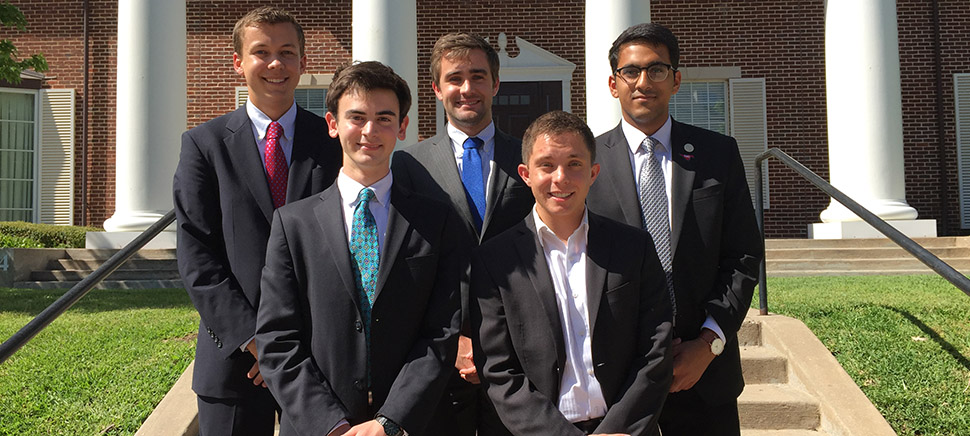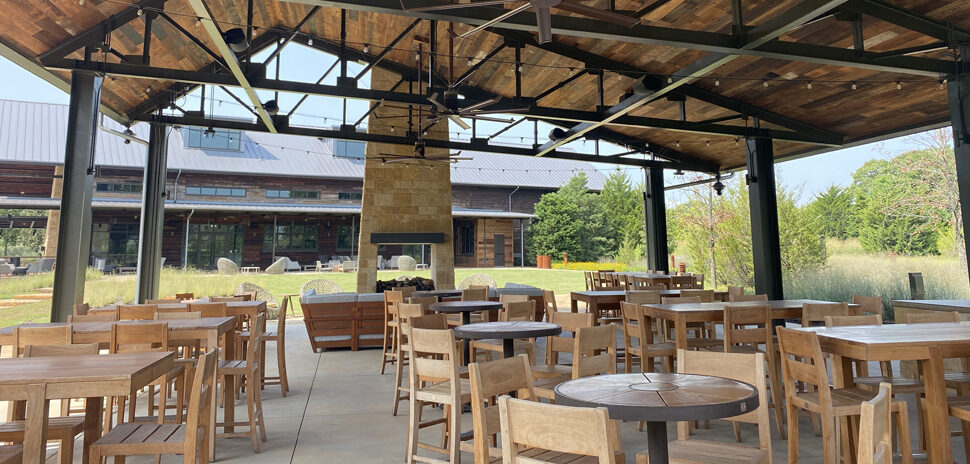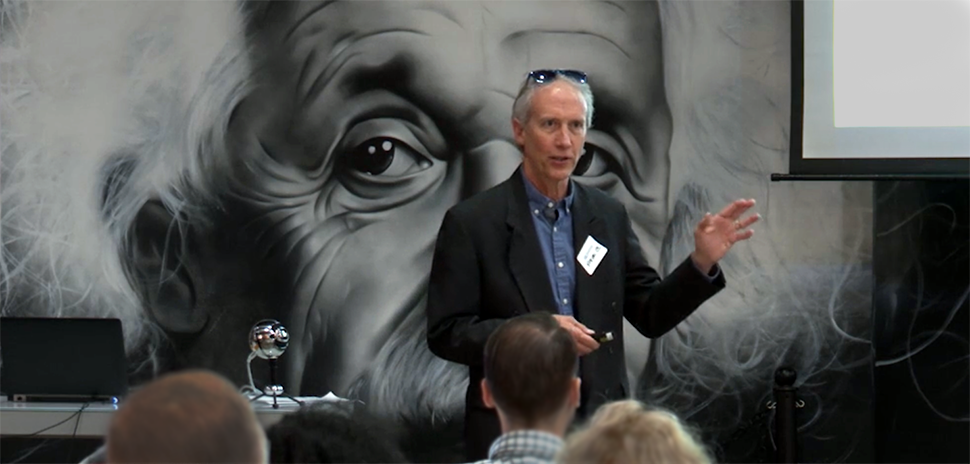COMMUNITY WOULD FOCUS ON SPURRING IDEAS
Ingenuity is not limited to the hours of 9 to 5.
Providing a space where students can live and cultivate new ideas at any time of day is the driving force behind a pilot project being proposed by a group of students at Southern Methodist University in Dallas.
The living and learning community, dubbed Innovation House or iHouse, would welcome students across all academic disciplines and offer a platform to foster new products and businesses.
“The idea is we want to get people that have this raw passion or have a raw desire, and they’re driven enough to create projects and create their own designs,” said Momin Irfan, a freshman finance, computer science, and mathematics major at SMU.
Even if projects don’t work out, Irfan said the learning experience would still be valuable.
“Having a space where [students] can fail without repercussions that will have great setbacks is an opportunity that people might not have in their entire lives.” -Momin Irfan
“Having a space where [students] can fail without repercussions that will have great setbacks is an opportunity that people might not have in their entire lives,” he said.
But, the first step toward making iHouse a reality is securing a physical space on campus.
GATHERING SUPPORT, SPACE FOR COMMUNITY
Students behind the proposal have their eyes set on the former Lambda Chi Alpha house. The national fraternity suspended the SMU chapter in March for at least five years because of “health and safety” issues, according to the Dallas Morning News.
According to SMU, how the fraternity house will be utilized next school year has not been determined, but it hopes to have a plan in place this summer. School officials did not comment on what, if any, options are on the table for future uses of the building.
Freshman computer science major Ian Johnson wants to hear word on the house’s fate by the end of the semester. Johnson, Irfan, and other students have been meeting with university administrators to discuss their vision to transform the fraternity space into iHouse. The students have suggested testing out their idea in a two-year trial period.
Using the former Lambda Chi Alpha space would mean students could implement iHouse without large overhead costs. Johnson said other money needed to keep the program running could be secured from companies or philanthropists.
CREATING A ‘SAFE SPACE’ FOR INNOVATION
Other universities have living and learning communities similar to what SMU students are proposing with iHouse such as the Penn Social Impact House at the University of Pennsylvania and University of Connecticut Innovation House.
SMU currently has programs in place that focus on innovation such as the Office of Engaged Learning, Arts Entrepreneurship Programs, and the Deason Innovation Gymnasium.
Those programs share similar interests with iHouse and would offer natural partnerships, but iHouse’s living and learning model would set it apart from existing offerings on campus, Johnson said.
Plus, there would be more focus on ad hoc innovation.
“Part of the idea is you have more spur of the moment innovation as opposed to long term, I have this one big idea,” Johnson said. “It certainly wouldn’t be mutually exclusive, you could have a big project like that, but we also want to have the little projects.”
Mark Fontenot, a computer science clinical professor and Loyd Residential Commons Faculty-in-Residence at SMU, has been advising students on the proposal. He views iHouse as a progression in the university’s Residential Commons ideology, which promotes integrating the residential, academic, and social experiences.
“I think it could be a good game changer for SMU.” -Mark Fontenot
“To have a space where it’s a living and learning community in its truest sense—that can also unite a lot of other things that are happening on campus, particularly at the undergraduate level,” Fontenot said. “I think it could be a good game changer for SMU.”
Creating a sense of community would be an important tenet for iHouse, Fontenot said. It would be a place where students could not only physically get the resources they need, but also form relationships and gain comfort in pitching ideas.
“There’s something about putting yourself out there that brings with it a certain amount of risk—not just that the idea itself might not be feasible—but the fact that there’s sort of a psychological risk associated with ridicule if the environment is not a safe place,” Fontenot said.
In its written proposal, the group has outlined a list of programming options such as a fall fair and spring gala to showcase iHouse projects; a “Hack The House,” event held every semester to spark ideas for upgrades on the physical living space; and opportunities to bring the community culture on and off campus with “iHouse On the Road.”
Although the idea is to create a residential community, non-residents would be welcome to programming as well.
“It’s not a closed community. The doors are open to whomever would like to come innovate and whoever has that curiosity,” Johnson said.
If students receive approval from the university to use the former Lambda Chi Alpha house, they hope to put their iHouse plan into action next school year.
“We would love to move forward with the idea sans house, but the reality is that [would introduce] a pretty colossal obstacle,” Johnson said.
For a daily dose of what’s new, now, and next in Dallas-Fort Worth innovation, subscribe to our Dallas Innovates e-newsletter.






























